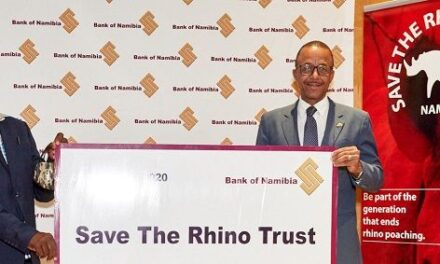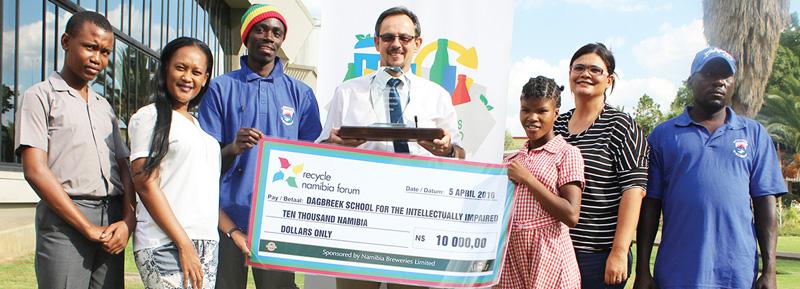
Responsible fisheries needed to protect Namibian sharks: – Leeney

By Adolf Kaure.
The project manager of the NaRaS (Namibia Rays and Sharks) Project, Ruth Leeney said that sharks need more protection as harmful human activities are threatening to drive these species to near extinction.
She made these remarks during the question and answer session of the Scientific Society Swakopmund’s recent airing of a short film on sharks titled “Deep Connection: An introduction to Namibia’s Sharks” at the Swakopmund Museum lecture hall.
According to Leeney, Namibia needs responsible fisheries as demersal and midwater line fisheries target sharks.
“Overfishing has contributed to many species dying out. Sharks are endangered species, especially large predators and currently there is no data to [determine] the number of different Sharks species on Namibian shores.”
“There is also an export on Shark fins from Namibia especially Walvis Bay, but it is a hard to get information on it,” she said.
Sharks’ natural predictors include other bigger sharks and seals. Bigger sharks eat smaller sharks while St. Joseph Sharks, rays and skates are eaten by seals. Killer whales also eat sharks. However, human activity impacts more on the depleting sharks numbers.
Leeney also said that inshore diamond mining is detrimental to sharks and their habitats. “They suck the the minerals from the sea bed and shoot back the gravel and this disturbs the coastline which is the natural habitat for rays and other species,” Leeney said.
There are currently 37 types of sharks, rays, skates and chimaeras on Namibian waters. These all make part of the Chondrichthyes (fish with flexible cartilage) class of fish.
“A healthy coastline is also vital to the Namibian job market as it employs thousands of people,” she said.
The 30-minute film was directed by Robert Scott of Forty-Two Films Namibia to inform the public and raise awareness on the diversity of the types of sharks and what they contribute to the environment.
The film is part of the Scientific Society Swakopmund’s “Welcoming the Whales Festival” for World Ocean Month, having started on the weekend of 05 and 06 August.
The NaRaS Project is a project under the Namibia Nature Foundation to learn more about the many species of chondrichthians found in Namibia’s ocean ecosystems: the habitats they use, the threats they face and the importance of these animals for the health of the Namibian ocean.












































